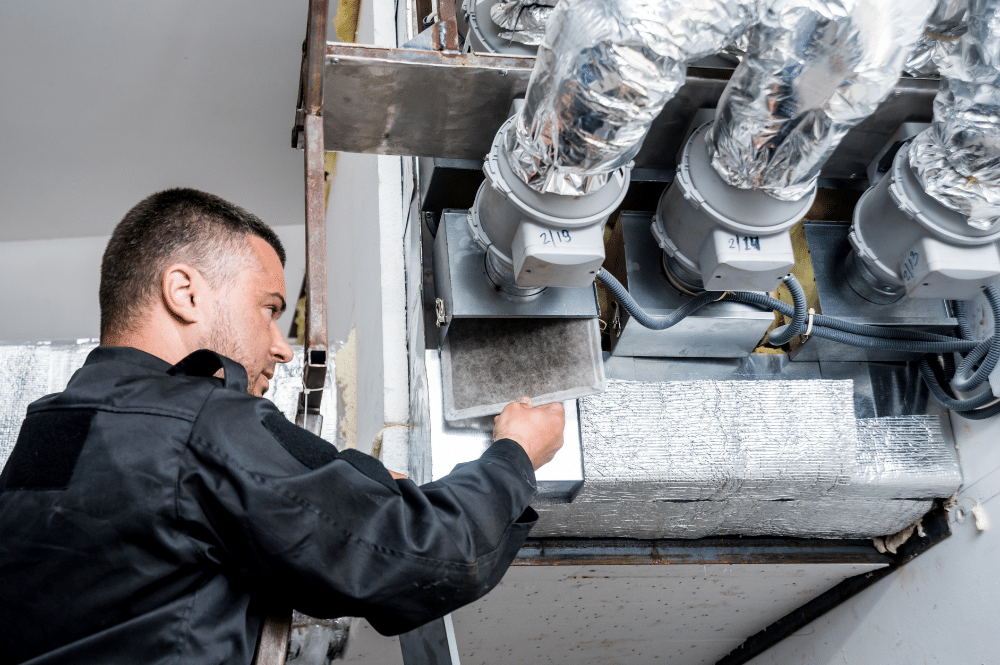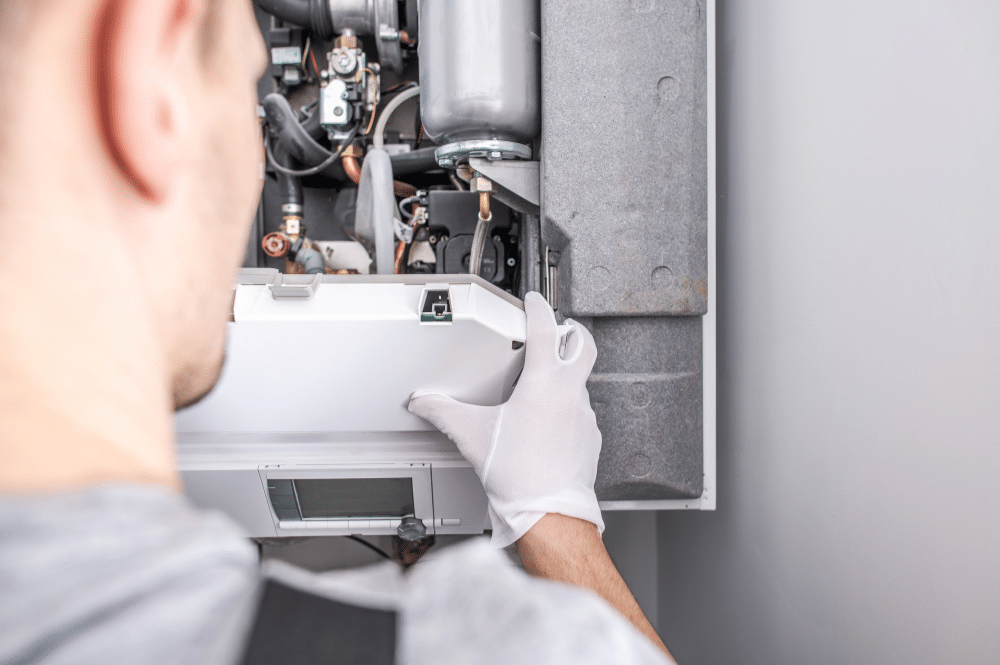If you don’t mind temperatures in the high 90s and higher, you enjoy summertime in Austin, Texas. Would you like to live in the area as much if your air conditioner stopped working? We didn’t think so!
A broken heating and cooling system you know can ruin the enjoyment of owning your home. It isn’t only an annoyance, but it could also put your health at risk.
Your body lets you know when you’re in the middle of a health crisis. What about your HVAC system?
HVAC systems send out the alert that there’s an urgent need for attention like the human body. Experts at Schneider Heating and Air Conditioning share ways to determine whether you’re having an HVAC emergency.
Your HVAC Unit Makes Screeching Noises
When your heating and cooling system hums, it’s normal. A low hum or loud screeching could mean the difference between a minor air conditioning repair and a total replacement.
Screeching isn’t the only noise an HVAC system makes when something’s wrong. Here are other sounds that should make your ears perk up:
- Hissing
- Rattling
- Buzzing
- Squeaking
- Whistling
Each of those sounds could warn of various HVAC issues, but screeching is still at the top of the list for noises that should attract your attention.
Screeching from the outside HVAC unit usually indicates a compressor issue. When the screeching comes from the inside unit, it’s likely the AC blower motor. Whether inside or outside, screeching noise coming from a heating and cooling system spells a serious problem.
Consider screeching an HVAC emergency and turn the system off immediately. Then, call a qualified HVAC technician to diagnose the problem.
Investigate Buzzing and Popping
Two other noises, buzzing and popping, often point to an electrical problem. You may hear one, but not the other, or both at the same time. Either way, let an expert take a look.
It’s always possible you simply have a loose component, but why put your safety at risk?
HVAC systems are complex with multiple electrical and mechanical components. HVAC technicians understand the complexity and know-how to work on heating and cooling systems safely.
An electrical problem is nothing to play around with and should be thought of as an emergency.
What Is That Smell?
What do dirty socks, exhaust fumes, trash, gunpowder, and mold have in common? They’re all smells an air conditioner can make!
Even though the odor of stinky socks is enough to make you gag, it doesn’t constitute an HVAC emergency. Neither do most of the other smells noted above. There is one that should prompt immediate action.
A burning smell points to an electrical issue. Electrical issues don’t only damage HVAC systems. That burning smell accompanied by popping noises could create a fire hazard.
When you smell something burning in your HVAC system, treat it as an emergency. Turn off the system and call an HVAC company immediately. Of course, if you also notice flames or smoke, call the fire department.
When the Weather Is Hot
All it takes is one hot summer in Austin to convince most homeowners that a working air conditioner isn’t a luxury—it’s a necessity! Some parts of Texas enjoy an extended summer, which means the cooling components of an HVAC system need to work even longer.
One of the most frustrating things during the hotter months is turning the AC on and getting a great big nothing! It’s not only irritating, but it could impact the health of you or your family.
This is the time of year when a broken air conditioner poses a health hazard. If you have people in your home at risk for heat-related health issues, and your cooling system will not turn on, call a technician right away!
You Need Airflow
Perhaps your HVAC unit turns on without a hitch but doesn’t cool well (or at all). Depending on the time of year, you have two options:
- Please turn it off and schedule a regular HVAC service appointment.
- Turn it off and call for emergency service—even if it’s after business hours.
But how do you know whether you need a technician ASAP, or you can wait for regular business hours?
If it’s stifling hot and you have people at risk living with you, it’s an emergency. Likewise, if it’s cold outside and you have warm airflow issues, you have an HVAC emergency.
Tip: Notice how both options above mention turning off the HVAC system? That’s to prevent strain on the system, which could result in further damage.
HVAC Emergencies During Cooler Weather
Even though we’re almost into the hottest months, homeowners in Texas will eventually turn on the heating system. Multiple things indicate an HVAC emergency associated with the furnace or boiler. Here are a few:
- Circuit breaker trips repeatedly
- Rotten egg smell
- Yellow flame (gas furnace only)
- Puddles near the boiler
The first three are dangerous safety issues. The last, if ignored, could result in water damage to your system, your home’s structure, and your personal belongings.
Schneider Heating and Air Conditioning Understands HVAC Emergencies
Any of the problems we’ve discussed indicate your HVAC system might need an emergency repair. While other issues could wait a day or two for attention, the issues in this article need immediate attention.
Do you have more questions about HVAC emergencies? Or do you need emergency assistance with your Austin, TX HVAC unit?
Schneider Heating and Air Conditioning understand HVAC emergencies. After all, they’ve been dealing with them for over 10 years. Contact our team today, and let’s get you the HVAC help you need.




